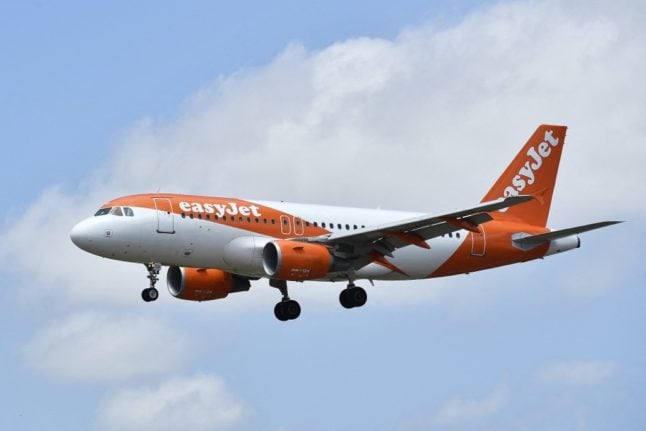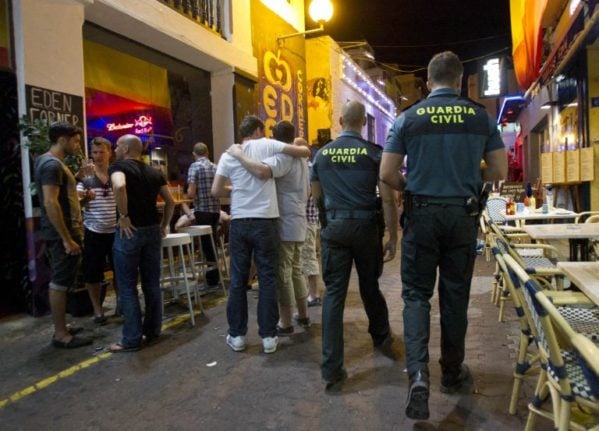The strike at the two low-cost airlines over pay and working conditions began as European schools started breaking up for the summer, creating headaches for both holidaymakers and the aviation sector.
By 1:00 pm (1100 GMT) on Saturday, 10 Ryanair and five EasyJet flights had been cancelled and 175 flights delayed, of which 123 Ryanair and 52 EasyJet, unions said in a statement.
The series of rolling strikes by Ryanair cabin crew in Spain — where there are some 1,900 employees –began on June 24, with EasyJet staff joining on Friday.
READ ALSO: Ryanair strike in Spain: 54 flights cancelled and 300 delayed on Thursday
Ryanair’s USO union rep said the new stoppages would take place in three four-day stretches: July 12 to 15, July 18 to 21, and July 25 to 28 at the 10 Spanish airports where Ryanair operates.
“After six days of strike and in view of the unwillingness of the company to listen to its staff and its preference for leaving thousands of passengers grounded rather than sitting down to negotiate an agreement under Spanish law, we have been forced to call new strike days,” said USO’s Lidia Arasanz.
She said the initial strike, which consisted of two three-day stretches, had seen “more than 200 flights cancelled and almost 1,000 delays”, with the upcoming stoppages likely to create similar levels of disruption.
EasyJet crew have pledged to strike during the first three weekends of July to demand parity in working conditions in line with other European airlines.
The strikes are a headache for the aviation sector, which has struggled to recruit people after massive layoffs during the Covid pandemic.



 Please whitelist us to continue reading.
Please whitelist us to continue reading.
Member comments